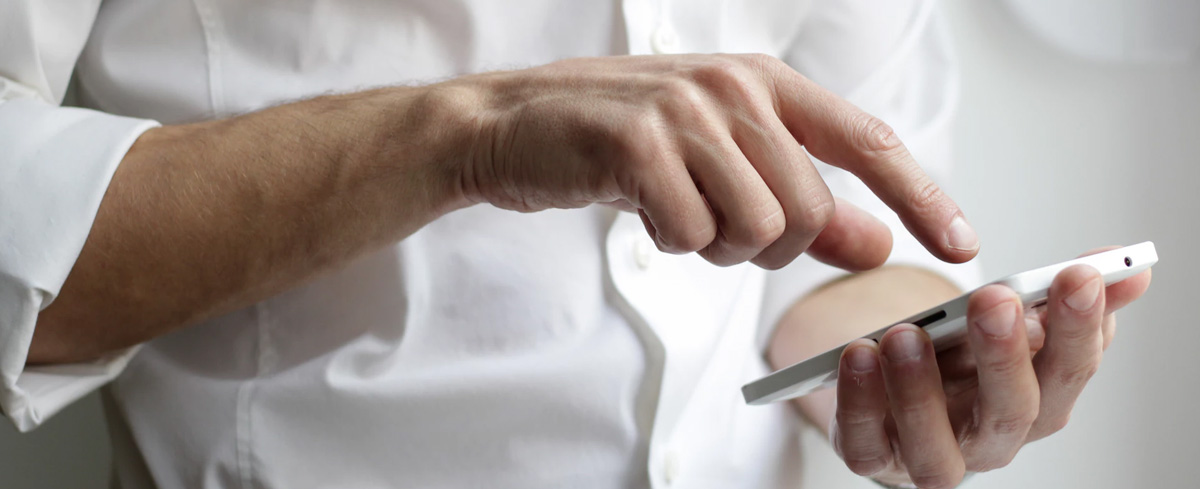In an interview on the ABC’s Law Report, lawyer Zaahir Edries, revealed the Australian Border Force has the power to seize your mobile phone or laptop, search the contents, and even make copies of everything that’s on your smart devices.
Mr Edries told host Damien Carrick, “What it means is that anything you have on your phone, as a passenger, is open to scrutiny or interrogation by ABF officers.”
While Mr Edries admits empirical evidence indicating how often such searches take place is “not quite collated as well as civil liberties organisations might want,” from an anecdotal perspective, he believes it happens quite frequently.
“Our organisation will have referrals for assistance of people who have been stopped, they believe unjustly, at the border and asked questions that they thought were unreasonable, had their phones removed, laptops removed, USB sticks and those sorts of things in a time where they believed that there was no reason to do so. And that’s probably something I see or hear of every few weeks,” he said.
But what happens if you refuse to hand over the pass-codes and passwords for your smart devices? According to Mr Edries, your items will either be seized or taken away until the contents is copied.
“The items are either confiscated or they’re taken away for some period of time and then they’re returned assuming that the phone or the laptop has been copied or images been made of the hard drive or whatever the case may be,” Mr Edries explained.
Australia is not alone. In the year 2017, the United States government data revealed there were about 30,000 searches of electronic devices at the border, according to Adam Schwartz, senior lawyer with the Electronic Frontier Foundation.
“We have some clients who refused” to hand over their passwords, Mr Schwartz said. “And as a result their phones were confiscated. One of our clients, a successful businessman from Texas–who actually does security work for the US government selling them surveillance cameras–they took his phone and they kept it for 11 months.”
Such searches in US have recently been challenged with one district court suggesting they potentially breach the Fourth Amendment, which protects people from unlawful searches and seizures.
Last week a video (see below) was uploaded to Facebook in which a man, identified only as Nathan, detailed his experience with authorities at Sydney Airport. According to the man, authorities spent 90 minutes searching through, or making copies of, both his laptop and smart-phone.
Benjamin Franklin once said, “Any society that would give up a little liberty to gain a little security, deserves neither and loses both.”
So, how do you feel about this? Is it necessary for the protection and security of Australia or is it an invasion of freedom and privacy?
WATCH:























